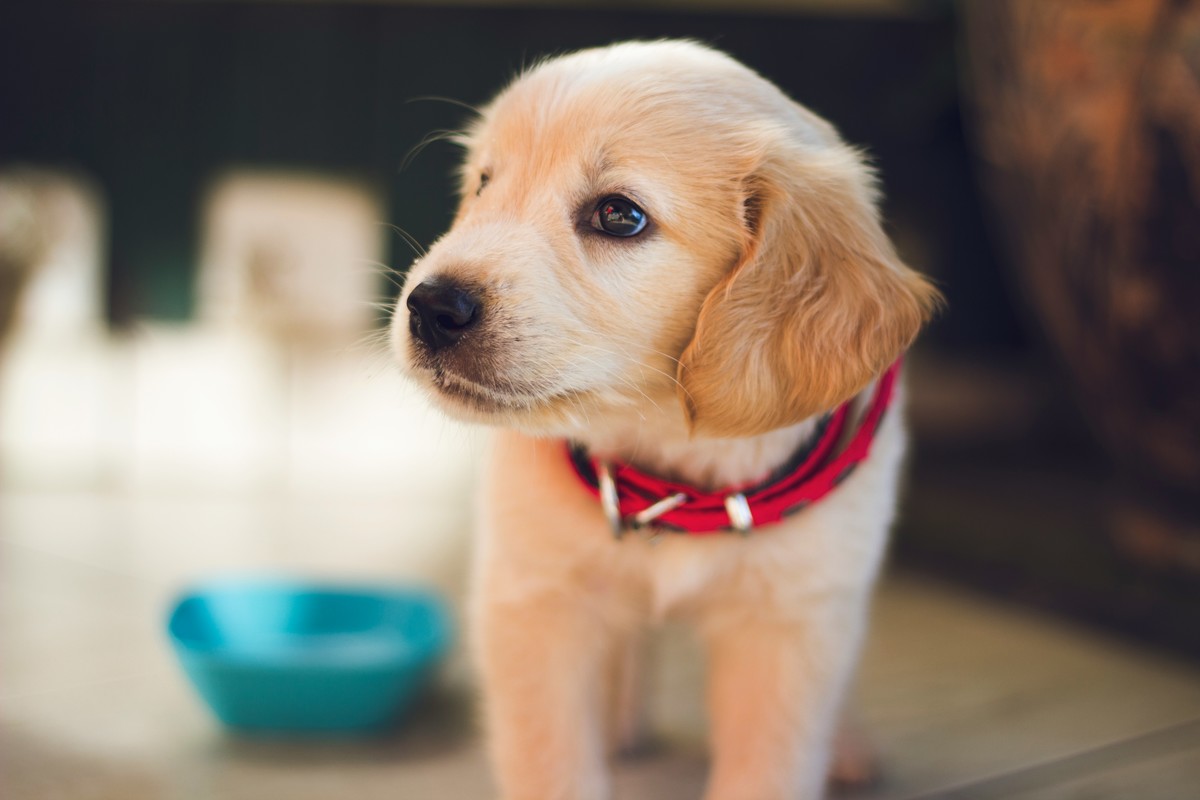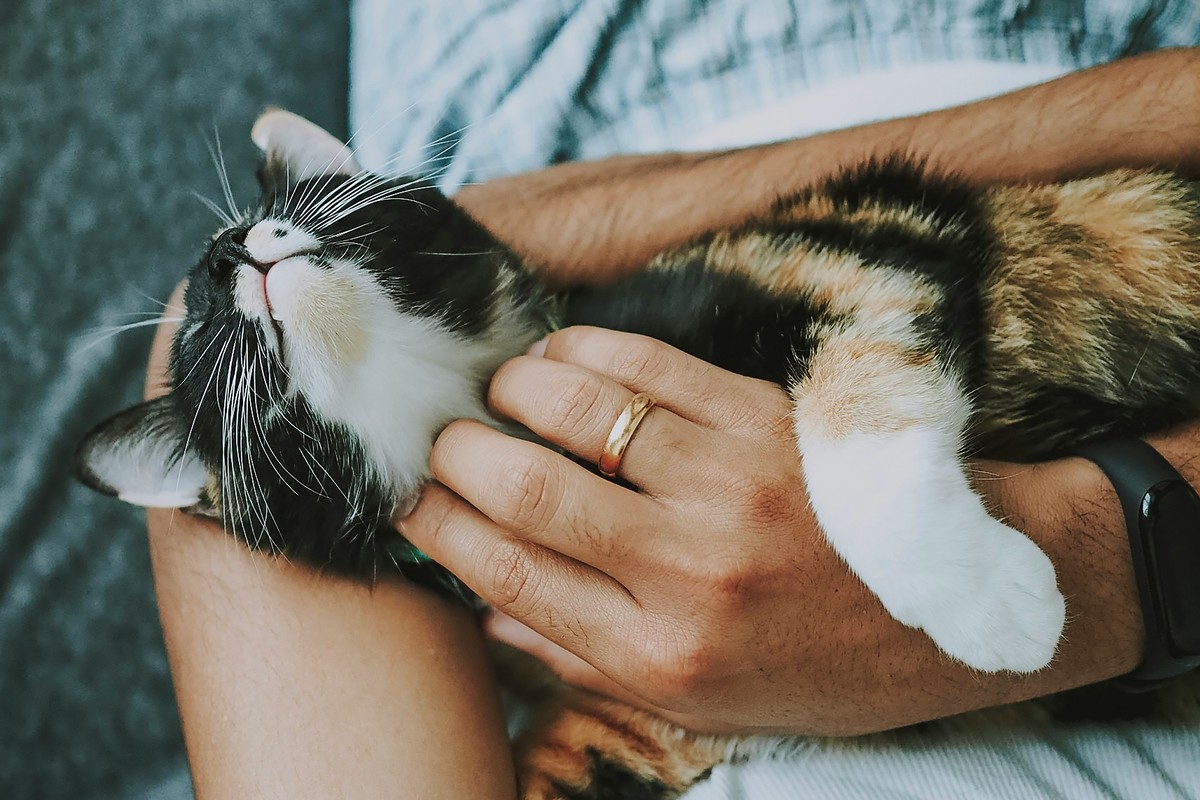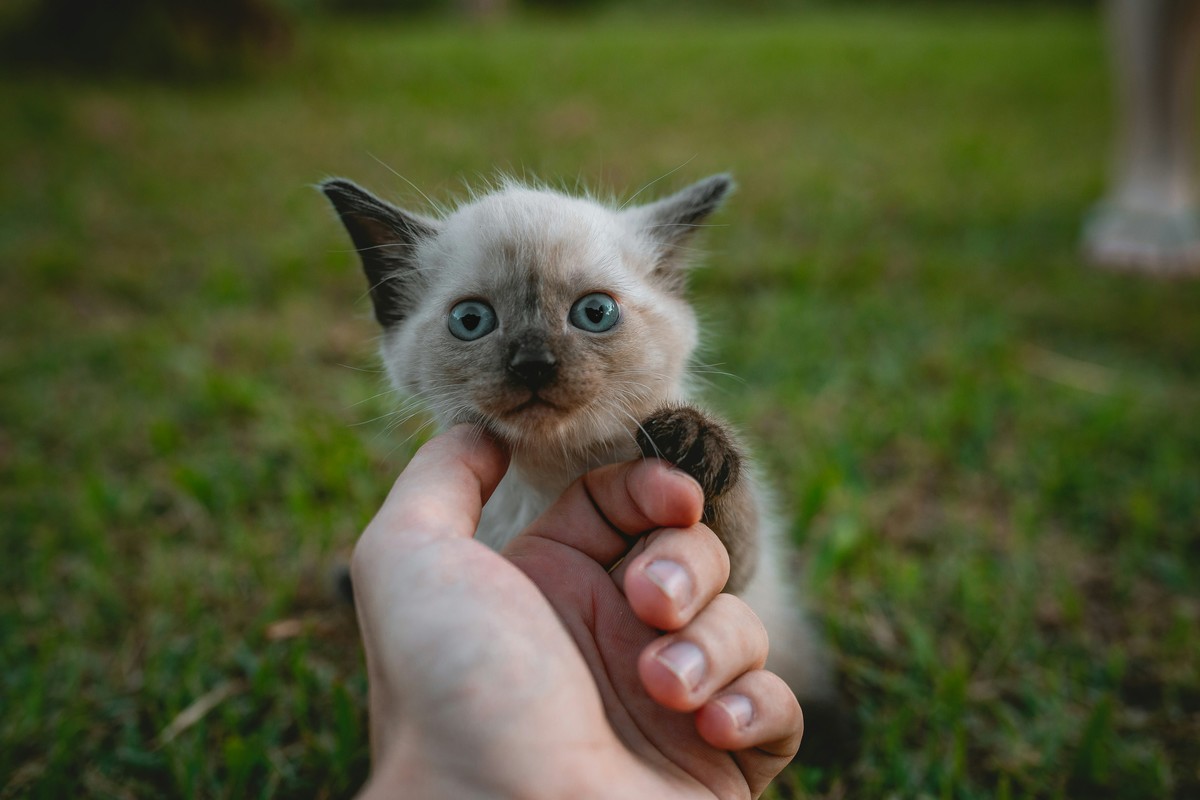Socializing your puppy is crucial for their development and helps them become well-adjusted adult dogs. Here’s a guide to effective socialization techniques for your puppy.
- Start Early: Begin socializing your puppy as early as possible, ideally between 3 and 14 weeks of age. This is the critical period when puppies are most receptive to new experiences.
- Exposure to Different Environments: Introduce your puppy to various environments, such as parks, streets, and pet-friendly stores. This helps them become comfortable with different sights, sounds, and smells.
- Meeting People: Expose your puppy to different types of people, including children, adults, and seniors. Encourage gentle interactions and provide treats to create positive associations.
- Interacting with Other Dogs: Arrange playdates with other vaccinated puppies and friendly adult dogs. Supervised play helps your puppy learn appropriate social behaviors and develop confidence around other dogs.
- Positive Reinforcement: Use treats, praise, and play to reward your puppy for calm and positive interactions. Positive reinforcement helps them associate new experiences with good outcomes.
- Gradual Introductions: Introduce new experiences gradually. Start with calm environments and slowly increase the level of distraction and complexity. Avoid overwhelming your puppy with too much at once.

- Handling and Touch: Regularly handle and touch your puppy’s paws, ears, mouth, and tail. This helps them become comfortable with being handled and makes grooming and vet visits easier.
- Training Classes: Enroll your puppy in a positive reinforcement-based puppy training class. These classes provide a controlled environment for socialization and help reinforce basic training commands.
- Exposure to Different Animals: If possible, introduce your puppy to other animals, such as cats, birds, and small pets. Supervise these interactions closely and ensure they are positive and calm.
- Overcoming Fears: If your puppy shows fear or anxiety in certain situations, don’t force them to confront their fears. Instead, use gradual exposure and positive reinforcement to help them build confidence over time.
- Consistency and Patience: Socialization is an ongoing process that requires consistency and patience. Continue to expose your puppy to new experiences throughout their first year and beyond.
- Monitor Progress: Keep track of your puppy’s socialization progress. Note any areas where they need more exposure or where they excel. This helps you focus on areas that need improvement.

Effective socialization helps your puppy develop into a well-rounded, confident, and friendly adult dog. By providing positive experiences and gradual exposure to new situations, you can help your puppy navigate the world with ease and joy.



